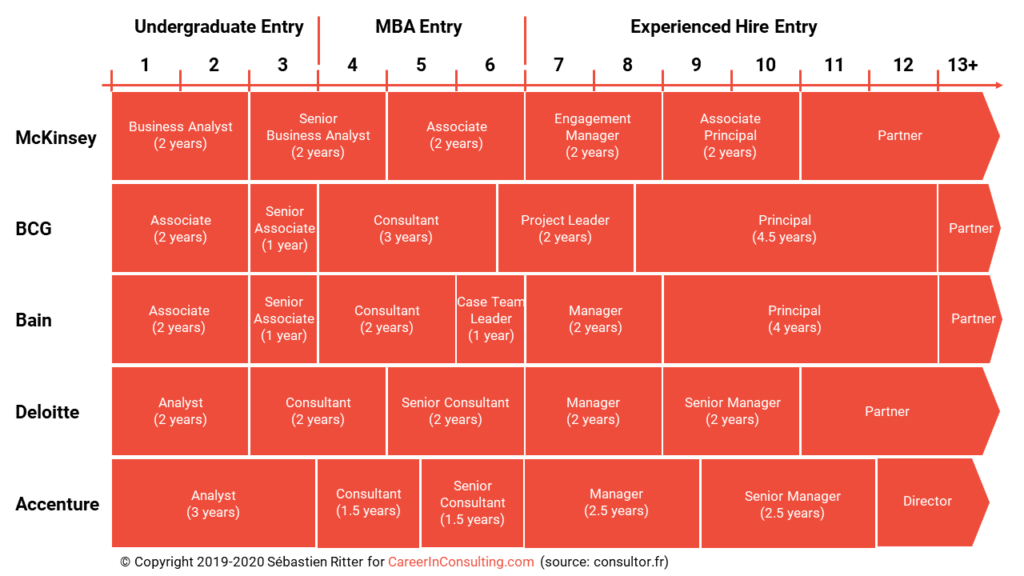
Many issues surround the management and collection of data by companies. In this article, we will examine how companies collect and manage data collected by them, and the issues surrounding the government's collection of data. We will also explore some of the methods companies use to collect data. We'll also be discussing the privacy and security issues associated with government-funded data collection. Below are examples of data management and collection issues.
Methods of collecting data
There are many data collection methods that can be used by a company. These methods include surveys, interviews, and forms. You can also use electronic means such as databases and data management platforms. Apart from data collection, data analysis should be performed. First-party data is more valuable than any third-party because it is reliable and comes from an organization that can be trusted.

Data collection can be a valuable strategy for companies as it can help them make better business decisions. More relevant and high-quality data allows companies to make more informed decisions about their products, services, and business processes. This information is useful in many business areas, such as marketing, sales, customer support, product development, and other areas.
Data collection issues
As big data grows in popularity, privacy concerns and other issues have increased. Privacy advocates fear that big data companies could be exploiting it. The U.S. Department of Justice is currently investigating the practices of Google, Facebook, and other companies that collect data. But most of the companies collect data only because they believe it will be useful in the future. Scott Shipman from Sensity Systems was the general counsel. MeMe Jacobs, Adobe Systems privacy officer, addressed ethical questions regarding data collection.
Data collection can be complicated. Companies may have many departments that might collect customer data. These different departments can end up collecting the same information or even the wrong information. Companies may also collect too many data which can cause security problems and confusion about how it will be used.
Data management for the government
The key step towards improving efficiency and effectiveness in government services is managing data. Data collected by the government can be used in many ways, including for climate monitoring, security, patent applications and grant applications, voter registration and law enforcement. Properly collected government data can have a positive influence on democracy, citizens services, innovation, and the overall state of society. The federal government has specific guidelines for ensuring the proper management of government data.

Government agencies can collect and analyze government data in order to improve operations, deliver better service to citizens, encourage innovation, and foster civic democracy. But agencies can easily become overwhelmed with data without the proper tools and virtualization strategies. The best data management allows government staff to concentrate on more important tasks.
FAQ
Why would a company want to hire a consultant for their business?
Consultants provide expert advice on how to improve the performance of your business. They aren't there to sell your products.
A consultant helps companies make better decisions by providing sound analysis and recommendations for improvement.
Consulting often works closely with senior management teams in order to help them understand the steps they must take to succeed.
They also offer leadership training and coaching to ensure that employees are able to perform at their best.
They may advise businesses on reducing costs, streamlining processes, and increasing efficiency.
What happens when the consultant finishes the job?
After the consultant finishes the work, s/he will send a final report outlining the results. This report will include project timelines and deliverables as well as any other relevant information.
The report will be reviewed and you can decide if the consultant met all your expectations. If you are not satisfied with the consultant's report, you have the option to ask for modifications or to terminate your contract.
What skills are necessary for consulting?
Consultants should be able to communicate effectively and have excellent analytical skills. This is essential because you will be working on projects that you don't know the details of. This is a must because you need to learn how quickly you can manage people.
You also need to have excellent communication skills. Most clients expect to hear back within 24 hours. If they don't hear back from you, they assume you aren't interested. It is crucial that you keep them up to date and make sure they know what's happening.
How do I get clients for my consultancy business?
The first step is to find an area you are passionate about. You could choose anything from public relations to social media, but it should be something you love. You might have to start small, such as by finding niche markets like web design. Once you've found this niche, make sure you understand what makes it tick. What problems can it solve? Why should people use this? What can you do to support them?
You could also approach businesses directly. Perhaps they are looking for someone who can help them understand SEO and content creation or just need advice on social media strategy.
If all else fails offer your services for free at networking events and conferences. This will allow you to meet potential customers without the need for advertising and also allows you to showcase your skills.
Statistics
- According to statistics from the ONS, the UK has around 300,000 consultants, of which around 63,000 professionals work as management consultants. (consultancy.uk)
- "From there, I told them my rates were going up 25%, this is the new hourly rate, and every single one of them said 'done, fine.' (nerdwallet.com)
- My 10 years of experience and 6-step program have helped over 20 clients boost their sales by an average of 33% in 6 months. (consultingsuccess.com)
- 67% of consultants start their consulting businesses after quitting their jobs, while 33% start while they're still at their jobs. (consultingsuccess.com)
- So, if you help your clients increase their sales by 33%, then use a word like “revolution” instead of “increase.” (consultingsuccess.com)
External Links
How To
How do I find a good consultant?
Knowing what you need from your consultant is the first step to finding a qualified consultant. What do you need them to do for your website? Are you looking for them to help optimize your website to rank higher on search engines? You might also want someone to help you determine if your hosting provider is in trouble. Once you know what type of services you need, you should start looking at different companies. While there are many consultants that claim to be able provide these services for you, not all of them will. So how do you go about choosing one? Here are some tips to help you choose a consultant.
-
Get referrals. This is the best method to find a consultant. Hire someone you don't know because they're likely to charge too much. However, you shouldn't work with someone with poor reputations. It's great if you get recommendations from people you trust. You might also be able to find reviews online even if there are no referrals. Find testimonials and case study examples from customers who have used your product.
-
Ask around. Many people don't realize that consulting could be beneficial for them. They assume that their current situation is fine and they don’t need changes. However, this is usually untrue. Even if you have great results right now you probably haven't been keeping pace with new technologies or trends. And if you're relying on outdated methods, you'll miss out on opportunities to grow your business. It's always worth asking for referrals to find good consultants.
-
Make sure to verify their qualifications. It doesn't matter if you are looking for a consultant to help you build a blog or launch a multimillion-dollar eCommerce site, you need to make sure they have the right skills to manage your project. You must ensure they have the necessary skills and qualifications to carry out the tasks.
-
Find out the type of projects they specialize. It is a common misconception that everyone can manage everything. Some areas require specialized training and education. If you are looking for someone to create a WordPress theme, then you will not want to hire someone who isn't a specialist in Drupal. The same applies to programming languages, graphic design and other areas. Ask them what types of projects they are most familiar with.
-
Find out what their charges are. As we mentioned, it is important to know what they charge. You also don’t want to spend too little. Consultants come in many sizes and shapes. There are some that charge an hourly fee, while others may bill per job. You can save money by knowing upfront exactly what you will be paying.
-
Know what they offer. Are they available for free consultations Can they provide advice on how to setup your own system? Do they promise that your site will rank higher once you have worked with them? You have the right to cancel at any time if you aren't satisfied with what was said during your consultation.
-
Ask if they offer discounts over multiple months or for years. Many consultants offer discounted pricing over extended periods. While you don't necessarily need to commit for a whole year, you can still take advantage of any deals that they offer.